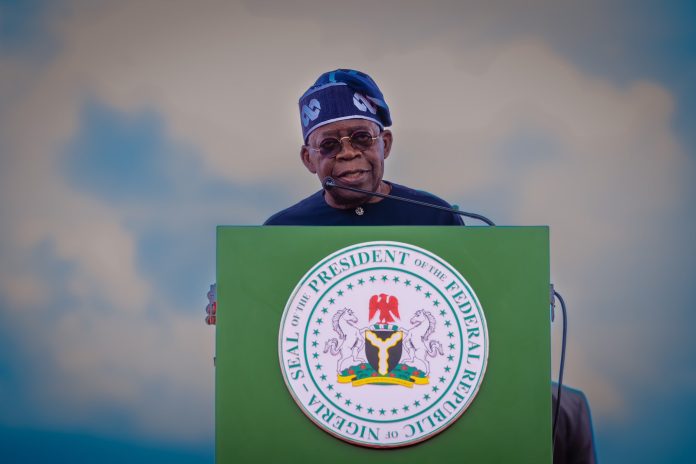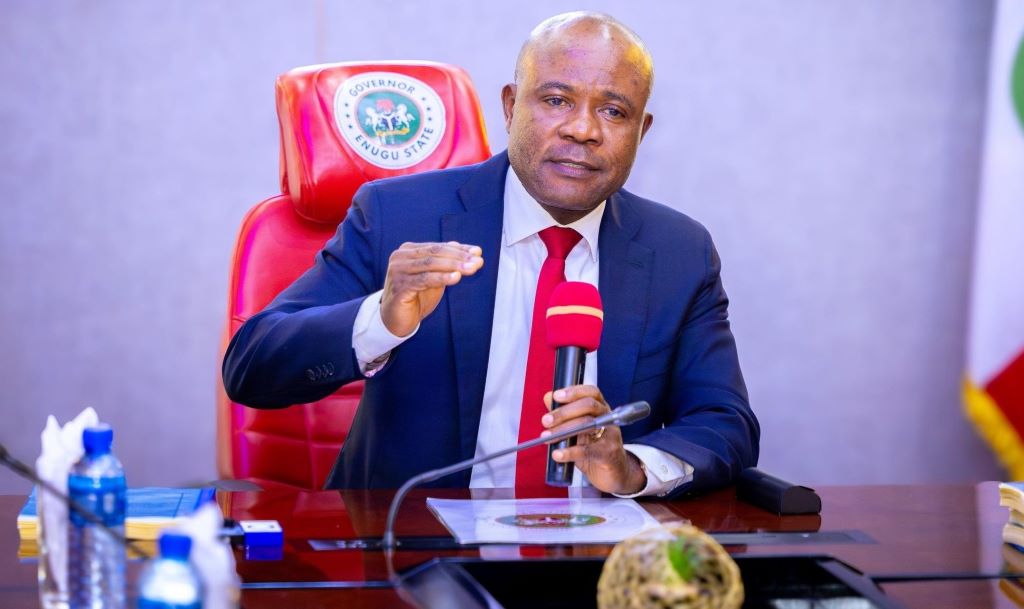The new minimum wage bill, passed by the National Assembly, has been assented to by President Bola Ahmed Tinubu.
The signing took place in the chambers of the Federal Executive Council (FEC) Abuja on Thursday, July 29.
This date holds historical significance, marking a somber day in Nigeria’s history when General Thomas Umunnakwe Aguiyi Ironsi, the then Head of State, was brutally killed by young military officers, some reportedly among his closest aides. It is unclear if the timing of today’s ceremony has any connection to this historic event.
The new minimum wage is now set at N70,000 per month, an increase from N30,000 which was established in 2019. The law now allows for the wage to be renegotiated every three years, instead of the previous five-year interval.
However, analysts have noted that since the bill’s passage, the Nigerian currency, the Naira, has been depreciating against major currencies. If this trend continues, it could negate the benefits of the wage increase, as government revenues from crude oil sales in Naira terms rise, while workers and ordinary citizens face higher prices, potentially maintaining economic hardship at current levels.
Comment, Like 👍, share this article, and Follow us on our social media handles.







